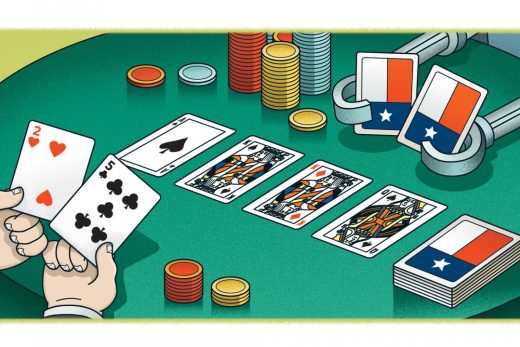Soccer, or football as it is known in many parts of the world, is one of the most popular sports with a massive global following. According to FIFA’s Big Count survey, there are over 265 million active players and millions more who watch and support the game. Soccer fans are known for their passion and loyalty towards their favorite teams. But what drives this intense devotion? The answer lies, in part, in the role of soccer broadcasting in shaping fan identities and affiliations.
In today’s digital age, soccer broadcasting has become an integral part of the sport. Fans have access to live matches, highlights, post-match analysis and interviews through various mediums like television networks, streaming services and social media platforms. These broadcasts not only give fans an avenue to follow their favorite teams but also play a pivotal role in shaping their identities as supporters.
To understand how soccer broadcasting influences fan identities, we must first consider its reach and impact on a global scale. With matches being broadcasted all over the world across different time zones and languages, fans from diverse backgrounds come together to support one team or another. This shared experience creates a sense of community among these individuals who 스포츠중계 may have otherwise never had any interaction.
Beyond just providing entertainment value for viewers at home or at stadiums around the world, soccer broadcasts also serve as a tool for cultural exchange. With diverse sets of commentators bringing their unique perspectives to analyze matches on air or different language options available during live broadcasts; fans gain insight into different cultures through this experience that brings them together as supporters.
Moreover, soccer broadcasting has become increasingly immersive with advancements in technology like virtual reality experiences and interactive viewing options like polls during live games; making it much easier for supporters to feel closer than ever before to their beloved clubs regardless of physical distance from them.
The power that this medium holds is evident when we look at how closely tied fan loyalties are with broadcasters themselves at times; people often associate their team affiliations with a particular network bringing them the coverage. Soccer broadcasters have become crucial stakeholders in not only shaping fan identities but also influencing how teams are perceived by fans globally.
Furthermore, soccer broadcasting also plays a key role in marketing and promoting the sport. With millions of viewers tuning in to watch matches, it provides a lucrative platform for advertising products and services targeting various demographics. This commercial aspect is integrated into broadcasts seamlessly with pre-match and post-match analysis often being sponsored content.
In conclusion, the role of soccer broadcasting goes well beyond just providing live coverage of matches; it has immense power to shape fan identities and affiliations. Through its reach, cultural exchange, immersive experiences and strong ties with marketing; it has become an undeniable force that brings fans together on a global scale to create communities that support their beloved teams as one.




